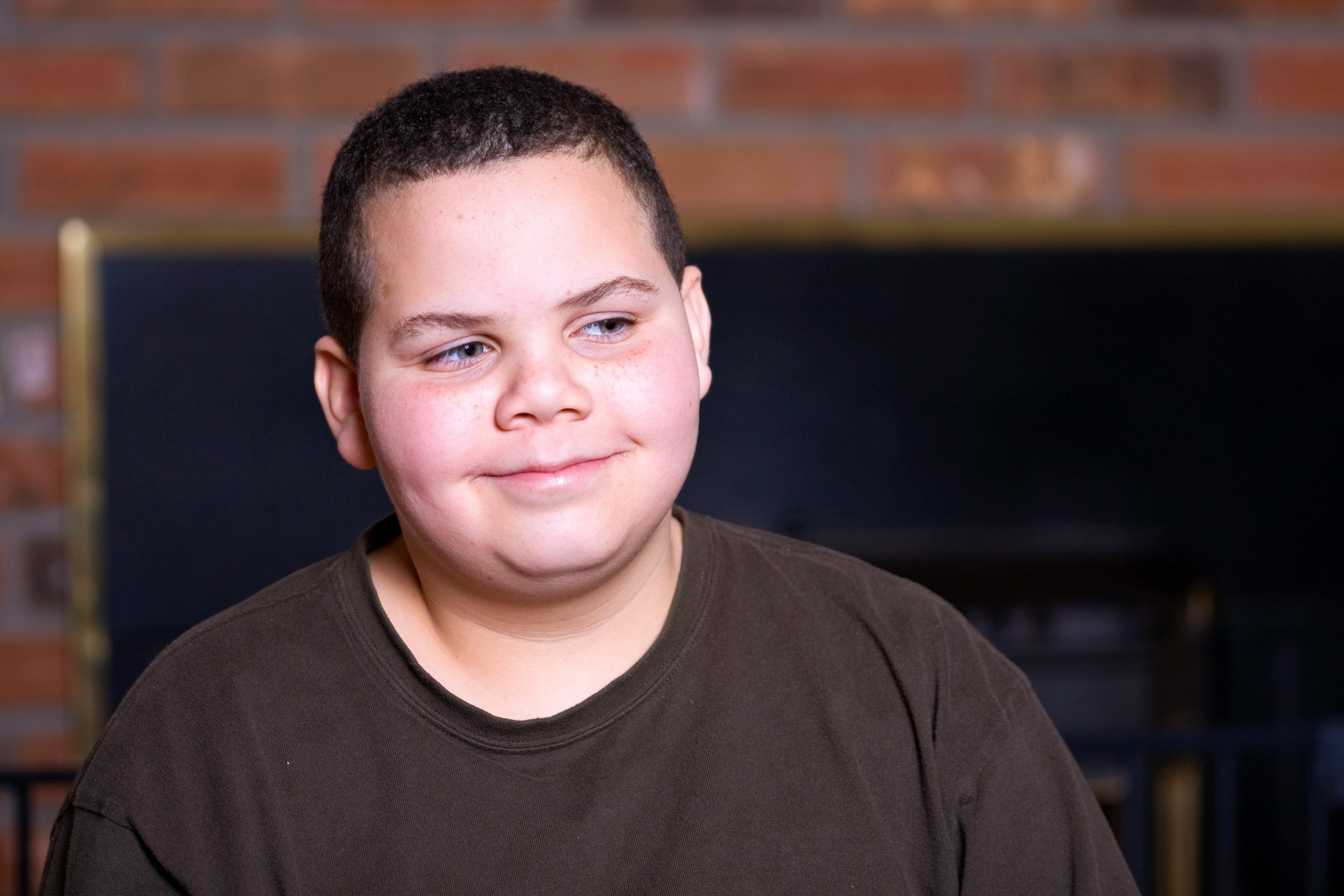Do I have autism? 12 Things to Know if You’re Wondering
As a psychologist in Georgetown, TX, I see many individuals looking for autism testing for toddlers, kids, and adults. Many people are looking for an online test or some kind of screening questionnaire. Unfortunately, autism is a complex form of neurodivergence (a type of nervous system different from the general population). Mild or less obvious variations of autism are not easily detected - even by teachers and primary care physicians.
Most people are familiar with the medical model view of autism. If you’re not, it’s pretty easy to find on Google. Here's a good example. Another view, however, is the neuroaffirming model. The neuroaffirming model is a bit trickier to explain but worth understanding.
Dr. Donna Henderson literally wrote the book on this perspective. I recently came across a great lecture in which she discussed the neuroaffirming model of autism. I recommend anyone wondering, “Do I have autism?” or “Does my child have autism?” give it a watch. …but if you don’t have an hour, below are some key insights from the video.
1. Autism is underdiagnosed due to clinicians' lack of understanding and reliance on inadequate tests, leading to diagnostic overshadowing and misdiagnosis.
2. Not getting a diagnosis can have serious mental health consequences for autistic people, leading to vulnerability and exhaustion.
3. Autism is not linear, it's made up of traits that can be both useful and challenging, but altogether quite beautiful.
4. Non-verbal communication, including body language, intonation, and speech rate, is a key area of difficulty for people with autism when it comes to diagnosis.
5. The inflexibility and strong reaction to small changes in routines often brings kids into needing a diagnostic process for autism.
6. The perception of inflexibility in autistic behavior can be influenced by bias, leading to misdiagnosis and delayed intervention, highlighting the importance of understanding and addressing these biases.
7. Sensory differences can have a huge impact on a person's ability to function, beyond just physical pain.
8. Self-injury, suicide, emotional lability, and bipolar disorder are more common for autistic people.
9. The cognitive load of processing and responding in conversations can be overwhelming for individuals with autism, making social interactions exhausting.
10. The concept of code switching and camouflaging for autistic individuals of color adds a layer of complexity and difficulty to social interactions.
11. Difficulty with eye contact and processing non-verbal cues can be a significant challenge for many autistic individuals, impacting their ability to interpret social interactions.
12. Autistic adults may struggle with interacting with people from different parts of their lives, causing them to want to maintain a consistent persona in each context.
Are you wondering if you or your loved one is autistic?
You’re not alone. Awareness of autism is growing, and many adults and parents in Austin to Killeen and Belton are realizing they or their loved ones do not have to be misunderstood. Fortunately, Dr. Pulido is an experienced testing psychologist update-to-date on evidence-based and neuroaffirming assessment and supports. A good evaluation leads to a plan of action to help you or your loved one live their best life. If you’re interested in learning more, reach out to me today for a free 15-minute conversation about the change you or your loved one deserves.




